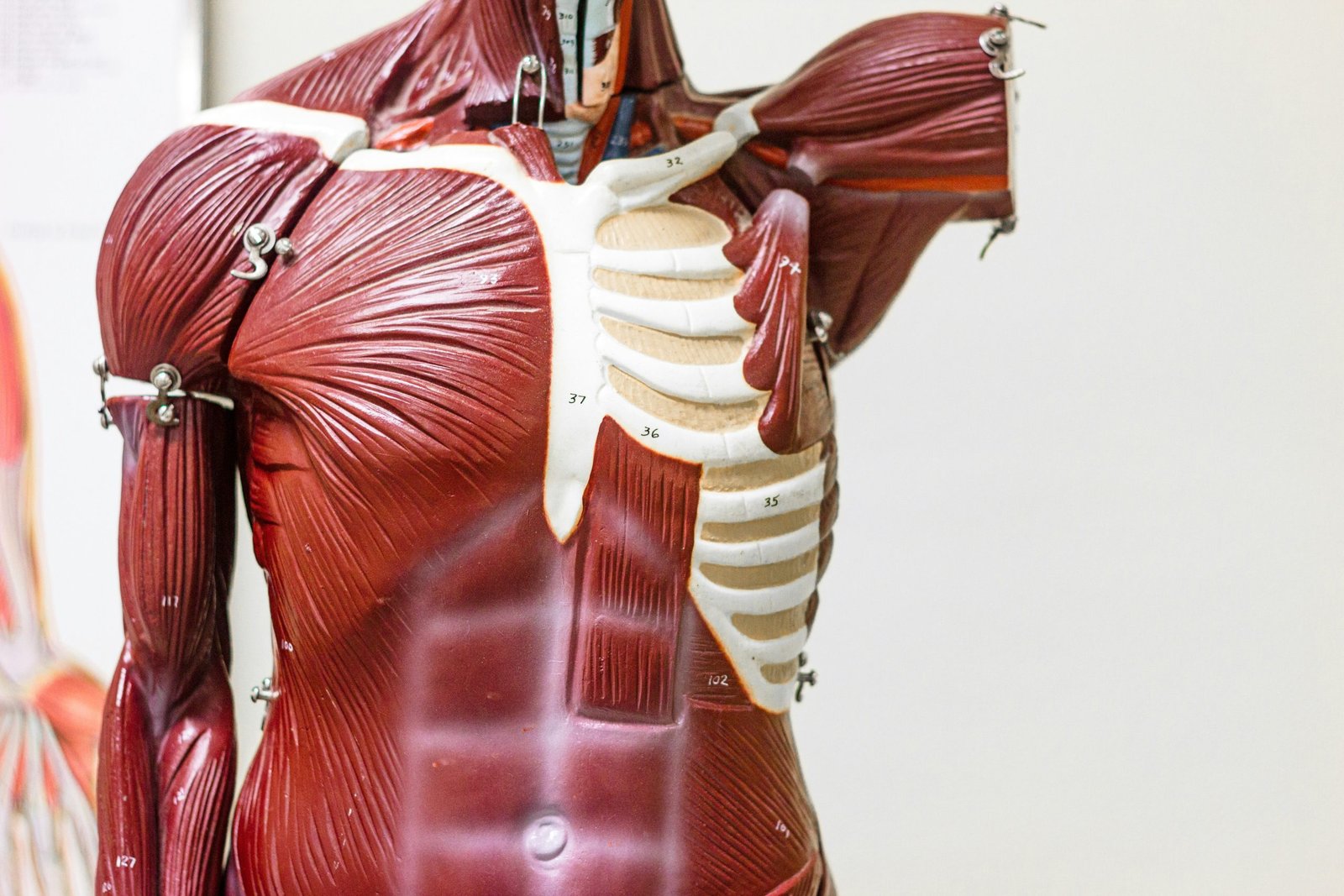About Us
TechBeyondInfinity offers the best in class and comprehensive solutions for the best website development, online marketing, and planning strategies. So, you can take advantage of our full strength and understanding of digital marketing services to win the competition.
Quick Links
Support
Get in Touch
#739, Hinkal new road, near Supriya hospital Hinkal, Mysuru – 570017
Email: manager@techbeyondinfinity.com
Phone: 9741371747







